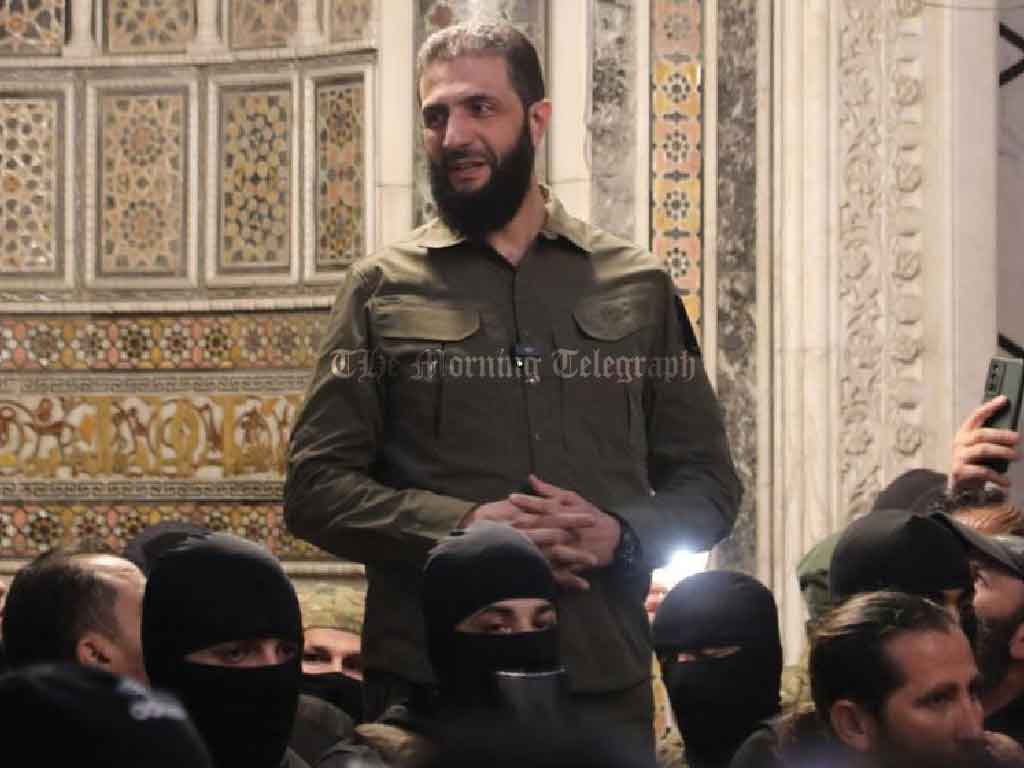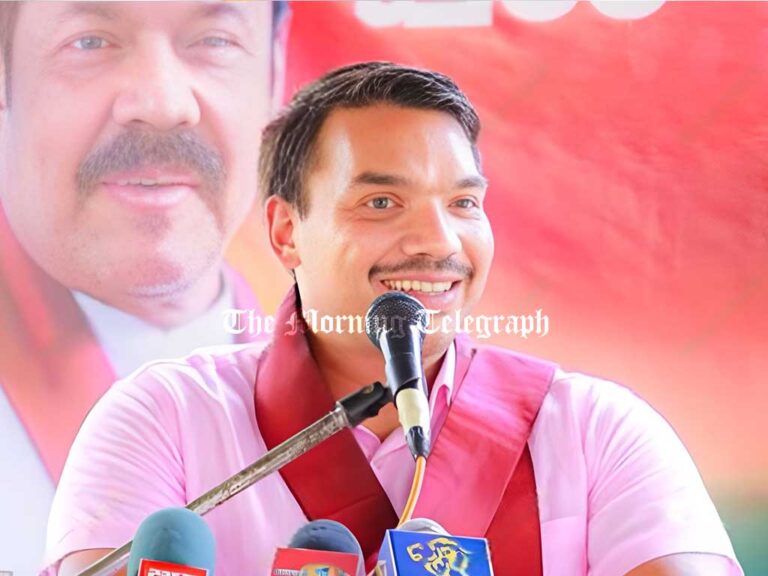
DAMASCUS, Dec 9 — Syrian rebels have successfully seized the capital, Damascus, on Sunday, marking a dramatic turn in the country’s ongoing civil war. This unexpected development led President Bashar al-Assad to flee the country and seek asylum in Russia, effectively ending his 13-year rule and his family’s six-decade autocratic reign.
The collapse of Assad’s government represents one of the most significant geopolitical shifts in the Middle East in decades. With Assad’s fall, Iran and Russia, both key supporters of the regime, have lost a crucial stronghold in the region. Mikhail Ulyanov, Russia’s ambassador to international organizations in Vienna, confirmed that Moscow had granted asylum to Assad and his family.
This sudden overthrow, aided by a rebellion partly supported by Turkey and fueled by Sunni jihadist elements, is expected to have far-reaching consequences. It could curb Iran’s ability to arm its allies and may also jeopardize Russia’s naval base on the Mediterranean, a strategic asset in the region. The fall of Assad also presents a glimmer of hope for the millions of refugees scattered across Turkey, Lebanon, and Jordan, with the potential for them to return to their homes.
For Syrians, this shift marks the end of a devastating civil war that had lasted over a decade, claimed hundreds of thousands of lives, and left the country’s cities in ruins, while the economy languished under international sanctions.
At a gathering in the Umayyad Mosque in central Damascus, Abu Mohammed al-Golani, the top commander of the rebels, addressed an ecstatic crowd, stating, “A new history is being written in the entire region after this great victory.” He vowed to rebuild Syria and transform it into a beacon for the Islamic world.
The Collapse of the Assad Regime
The collapse of Assad’s police state was swift and overwhelming. As the regime crumbled, prisoners who had long been detained under brutal conditions flooded the streets of Damascus, rejoicing in their newfound freedom. Families, many of whom had been separated for years, reunited with tears of joy. Newly released inmates were filmed running through the streets, holding up their fingers to show how many years they had spent in prison.
The White Helmets, a rescue organization, dispatched emergency teams to search for prisoners still detained in Sedhaya prison, a notorious detention center known for its underground cells.
In the absence of Assad, the streets of Damascus were eerily quiet, with only armed rebel vehicles and motorcycles seen driving through the city. Some individuals looted local shops along the route to the Lebanese border. At the same time, posters of Assad were torn down, and a Syrian military truck was seen ablaze, abandoned on the road.
Reports of celebratory gunfire echoed through the city, with residents in the streets chanting “Freedom!” as they celebrated the end of Assad’s brutal regime. Shops and restaurants closed early as the rebels imposed a curfew, but not before locals hurried to stock up on essentials, including bread.
Transition to a New Era
The Syrian rebel coalition has announced that it is working toward transferring power to a transitional government with executive authority. In a statement, they declared, “The great Syrian revolution has moved from the stage of struggle to overthrow the Assad regime to the struggle to build a Syria together that befits the sacrifices of its people.”
Mohammad Ghazi al-Jalali, who served as Assad’s prime minister, has called for free elections and said he had been in contact with rebel leaders to discuss the next steps in the country’s political transition. Abu Mohammed al-Golani, leader of the Hayat Tahrir al-Sham group, once linked to al-Qaeda, indicated that the revolution’s success would not be undone, adding that Syria’s future would be built upon unity and a shared vision for the country.
Global Reactions and Concerns
The speed and unexpected nature of Assad’s fall shocked capitals across the Arab world. The sudden shift in power raises concerns about further instability in the Middle East, particularly in the aftermath of the ongoing Gaza war.
U.S. President Joe Biden welcomed Assad’s removal but warned of the risks and uncertainties that could follow. He pledged that the United States would work with its partners to ensure a stable transition in Syria. U.S. forces conducted airstrikes in central Syria targeting Islamic State operatives as part of ongoing efforts to combat terrorism in the region.
Meanwhile, in celebration of Assad’s downfall, Syrian embassies worldwide saw jubilant crowds replace Assad’s regime flags with those of the opposition. Israeli Prime Minister Benjamin Netanyahu attributed the fall of Assad to the blows dealt to his regime by Israel and its efforts to undermine Iran and Hezbollah, Assad’s primary military supporters.
French President Emmanuel Macron hailed the fall of Assad, calling it a victory over a “barbaric state.”
Challenges Ahead for Syria’s New Leadership
Despite the celebrations, Syria’s new leaders face the daunting task of rebuilding the country. With infrastructure decimated by years of conflict, a shattered economy, and a refugee crisis that has displaced millions, the need for international aid will be critical in stabilizing the country.
The Syrian civil war, which began in 2011 as a popular uprising against Assad, led to widespread devastation, with cities destroyed and millions fleeing the violence. The crisis led to a massive refugee exodus, with many seeking asylum in Europe and Turkey.
As the war enters a new phase, Syria’s new leaders must navigate the complex political landscape, balancing the demands of multiple factions and international actors while rebuilding a war-torn nation. With Russia and Iran now facing the loss of their most significant Middle Eastern ally, their regional influence is expected to wane.
For Syria, the road ahead remains fraught with challenges. The fall of Assad may mark the beginning of a new chapter, but the country will need massive investments and support to recover from the ravages of war. It remains to be seen whether Syria can achieve long-term peace and stability or whether the power vacuum will lead to further conflict.




